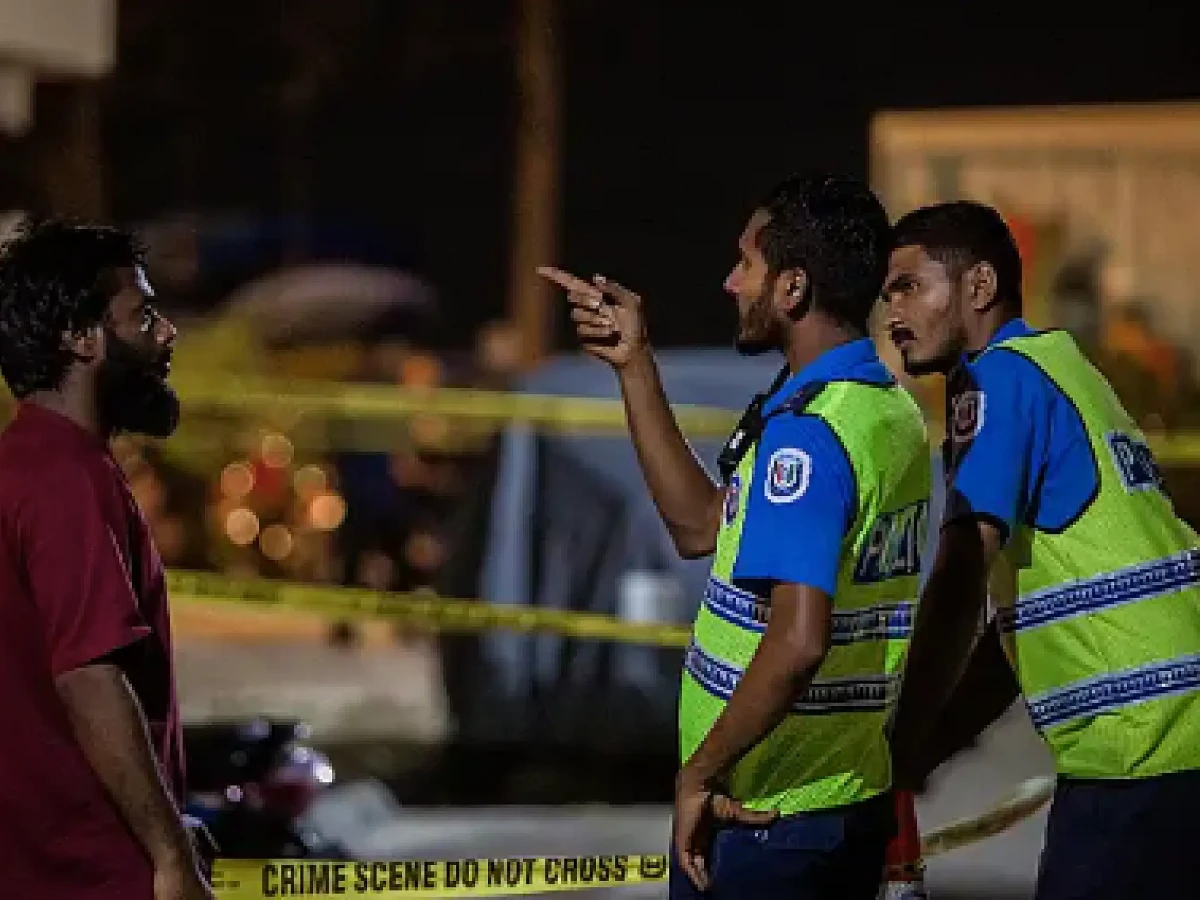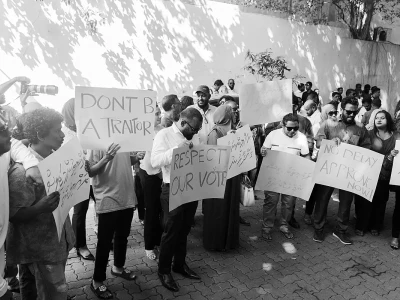
Govt aims to submit anti-gang crimes bill this year
The proposed legislation, known as the 'Gang Crime Prevention Act,' was drafted by the Homeland Ministry in collaboration with law enforcement authorities.
Top Stories
The Homeland Ministry has finalised a bill aimed at combating gang-related crimes, which will soon be presented in Parliament.
Homeland Minister Ali Ihsan announced on Tuesday that the bill, which has already been sent to the Attorney General's (AG) office for review, is expected to be discussed during the current parliamentary session.
The proposed legislation, known as the 'Gang Crime Prevention Act,' was drafted by the Homeland Ministry in collaboration with law enforcement authorities.
Ihsan, speaking at a press conference at the President's Office, indicated that the AG's office is diligently working to finalise the bill in time for parliamentary discussion. However, he refrained from sharing specific details about the bill.
The bill introduces a comprehensive framework to address various aspects of gang-related activity in the country. Below are some of the notable measures included in the draft legislation:
-
The bill aims to establish clear criteria to identify gangs and their members. This includes specifying the characteristics of a gang member or a gang leader. According to the draft, groups involved in specific activities within clubs, associations, or geographical areas may be designated as gangs if they engage in organised criminal behaviour.
-
The legislation empowers authorities to classify organisations or groups as gangs if they have members with a history of criminal offenses or if relevant reports indicate suspicious activities.
-
The bill proposes recognizing signs, graffiti, or symbols associated with certain areas—such as streets, parks, or islands—that are used by gangs to mark territories. These signs may serve as evidence to determine gang affiliation.
-
One of the central elements of the draft legislation is the provision of greater authority to the police. These enhanced powers will enable law enforcement to take more decisive actions against gang-related activities and individuals involved in them.
-
The bill outlines severe penalties for those found to be members of gangs. This includes barring individuals from holding public office, dismissing them from government jobs, and disqualifying them from running for electoral positions. The goal is to reduce the influence of gangs and their members within official and public institutions.
-
The bill also focuses on dismantling the financial base of gang operations. It includes provisions for seizing property, money, and other assets obtained through criminal activities associated with gangs.
Ihsan emphasised the significance of the bill in maintaining public safety and reducing gang influence. He noted that if passed, the 'Gang Crime Prevention Act' would serve as a strong deterrent against those seeking to engage in organised crime.
While Ihsan refrained from providing a timeline for the bill’s passage, he expressed confidence in the efforts of the Attorney General’s office to expedite the process. He indicated that the ministry is optimistic about gaining parliamentary approval in the current session.
The draft bill's emphasis on targeting symbols, signs, and territorial markers associated with gangs aims to address the root of gang influence within communities. By focusing on the visibility of gangs in public spaces, the legislation seeks to discourage the normalisation of gang culture among young people.
The proposed enhanced powers for the police will allow for quicker and more effective responses to gang activity, potentially preventing further escalation of violence and crime.




